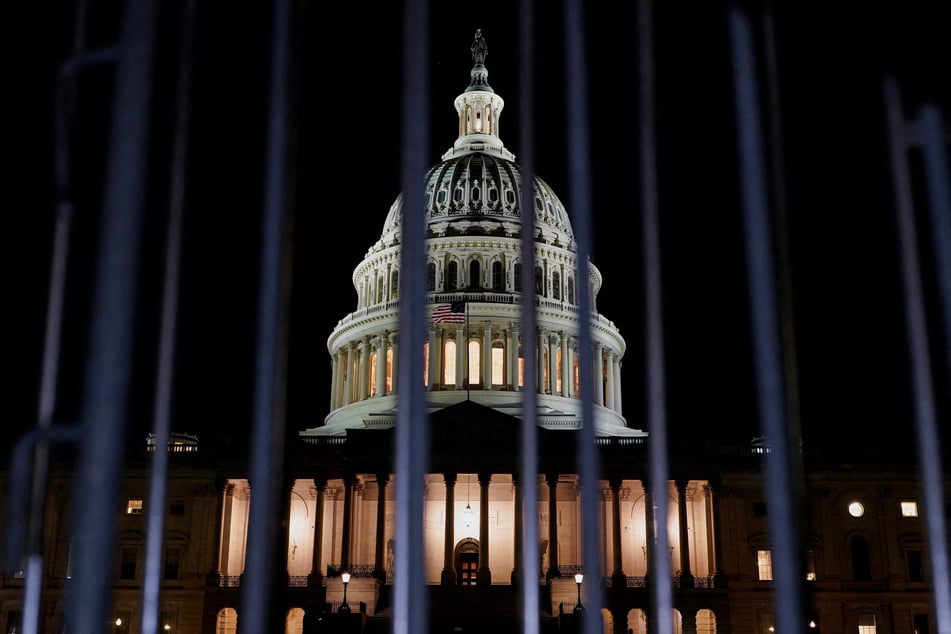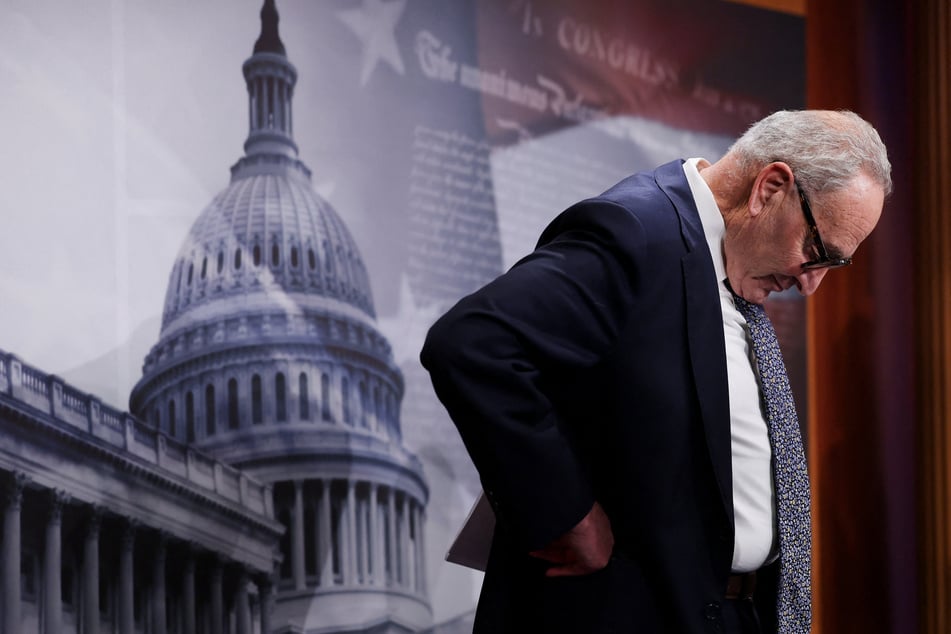US government shuts down for the first time since 2018 as funding bills fail to pass
Washington DC - The US government began shutting down after midnight Wednesday as lawmakers and President Donald Trump failed to break a budget impasse that hinged on Democratic demands for health care funding.

The first shutdown since 2018 – also the longest in history, lasting 35 days – will stop work at multiple federal departments and agencies, affecting hundreds of thousands of government workers.
Trump blamed Democrats over the stalled talks and threatened to punish the party and its voters during the stoppage by targeting progressive priorities and forcing mass public sector job cuts.
"So we'd be laying off a lot of people that are going to be very affected. And they're Democrats, they're going to be Democrats," Trump told reporters in the Oval Office.
He said a "lot of good can come down from shutdowns," and suggested he would use the pause to "get rid of a lot of things we didn't want, and they'd be Democrat things."
Government operations began grinding to a halt at 12:01 AM ET, after a frenetic but ultimately failed bid in the Senate to rubber-stamp a short-term funding resolution already approved by the House of Representatives.
Senate likely to vote again on Wednesday

Hopes of a compromise had been hanging by a thread since Monday, when a last-gasp meeting at the White House yielded no progress.
Republicans had proposed to extend current funding until late November, pending negotiations on a longer-term spending plan.
But Democrats wanted to see hundreds of billions of dollars in health care spending restored, particularly in the Obamacare health insurance program for low-income households, which the Trump administration is likely to eliminate.
Almost all Senate Democrats voted against a House-passed, seven-week stop-gap funding measure hours ahead of the midnight deadline. Right-wing Pennsylvania Senator John Fetterman and Nevada's Catherine Cortez Masto joined Maine Independent Angus King in defecting.
It remains unclear how long the shutdown will last. The upper chamber was due back in session on Wednesday, but a House recess lasting all week means it will not be able to rubber stamp any quick deal agreed by the Senate.
The Senate will be out on Thursday for the Jewish holiday Yom Kippur, but will be back on Friday and possibly in session through the weekend.
The shutdown will not affect vital functions like the Postal Service, the military and welfare programs like Social Security and food stamps.
But up to 750,000 workers could be sent home each day and would not be paid until the shutdown was over, according to the Congressional Budget Office, with Trump threatening to lay off many more.
Cover photo: REUTERS

